MULTIMEDIA: Answering our kids' silent cry for help
The number of deaths caused by suicide have increased, involving a worrying number of children. Here’s how we can help kids who are struggling to see through their darkness.
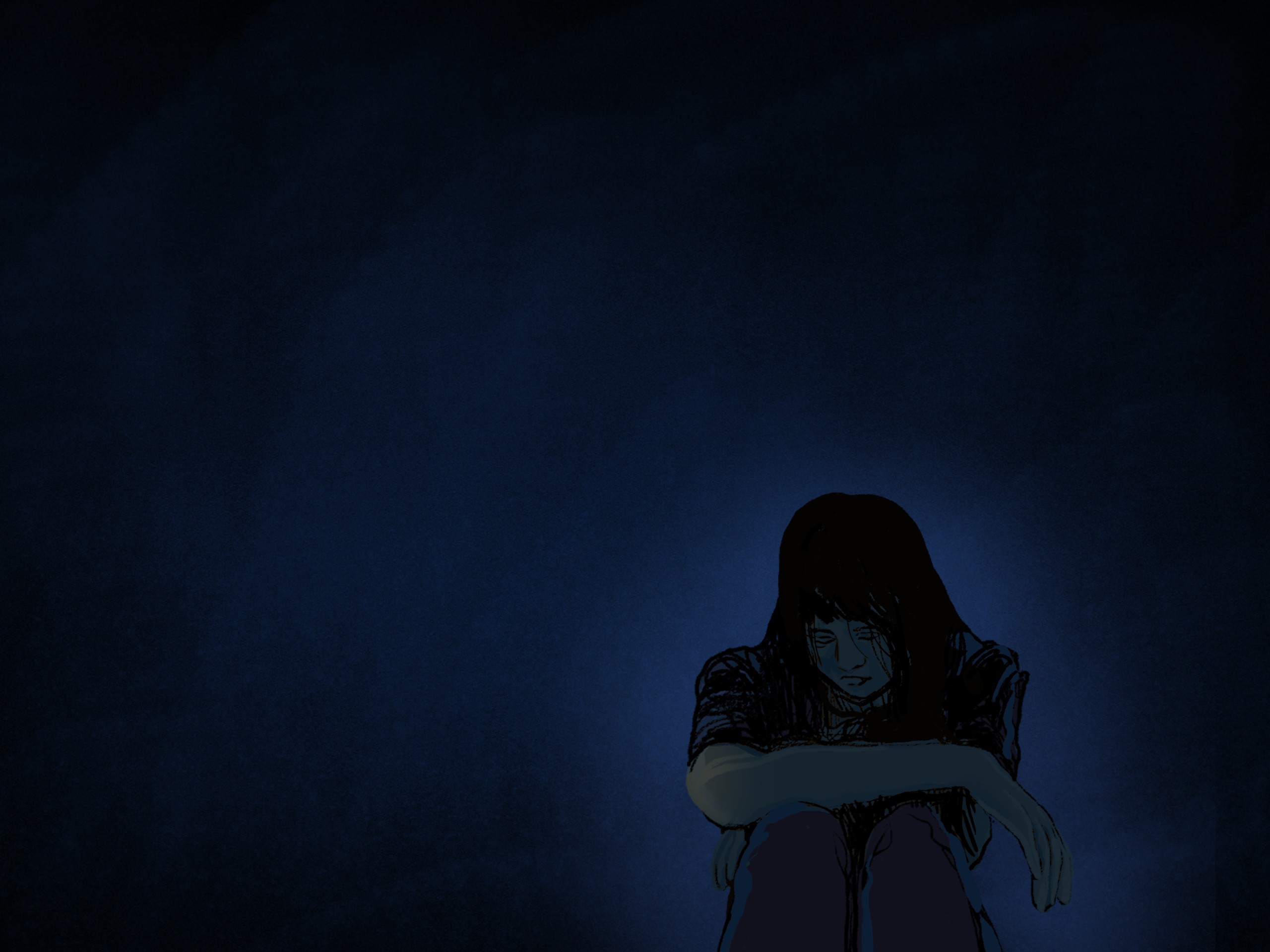
How shadows lurk in young minds
*not their real names
Emily* was just 15 when she first thought of ending her own life.
She found out that she was not a “wanted” baby - born from an unplanned pregnancy.
“My parents got married because of me, but divorced a few years later,” said the teacher, now 34, in an interview.
Life was tough, and Emily felt it was her fault that her mother had to struggle as a single parent.
“Knowing that I was not a ‘wanted’ child also made me question the meaning of my life,” she said
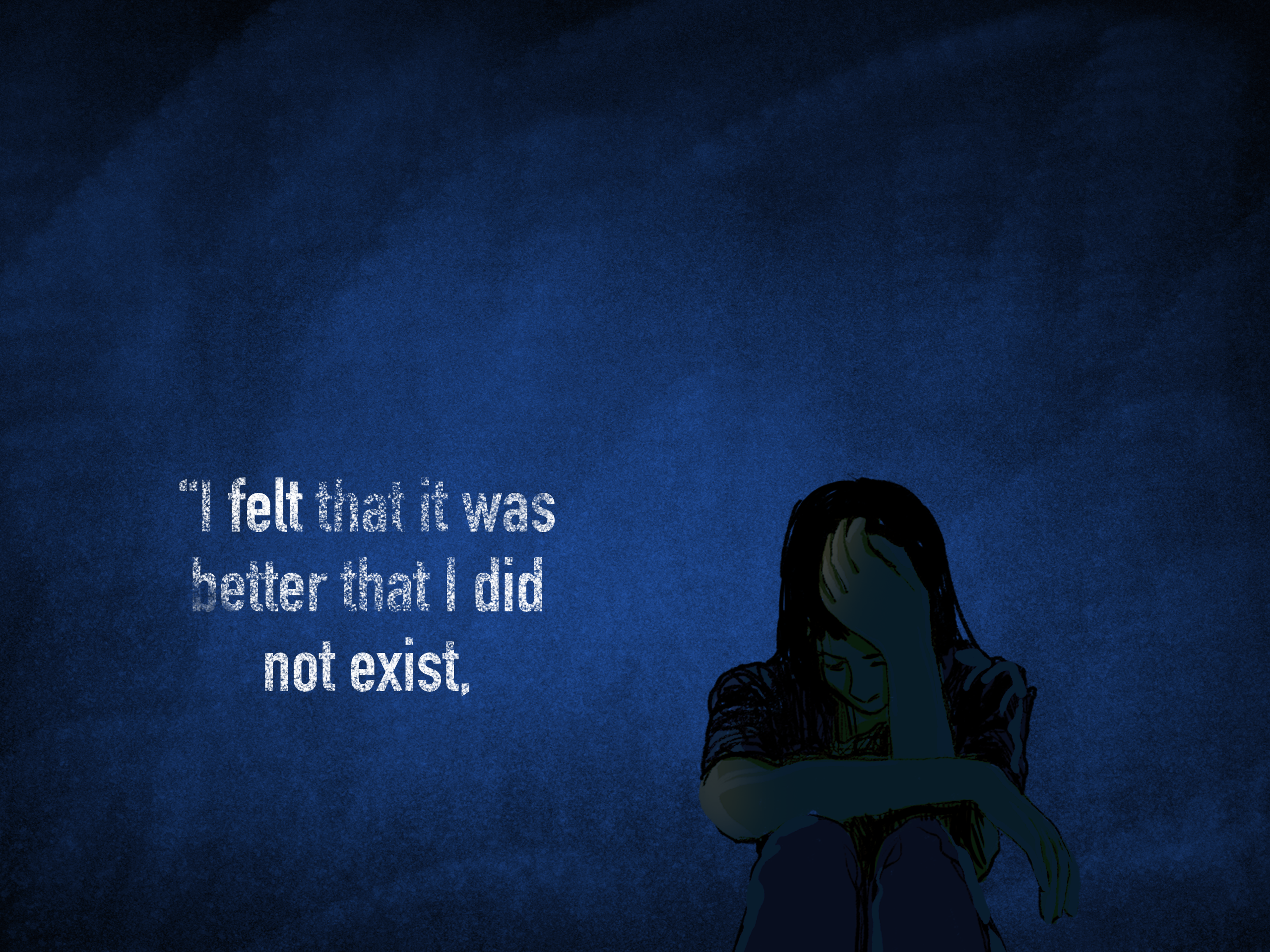
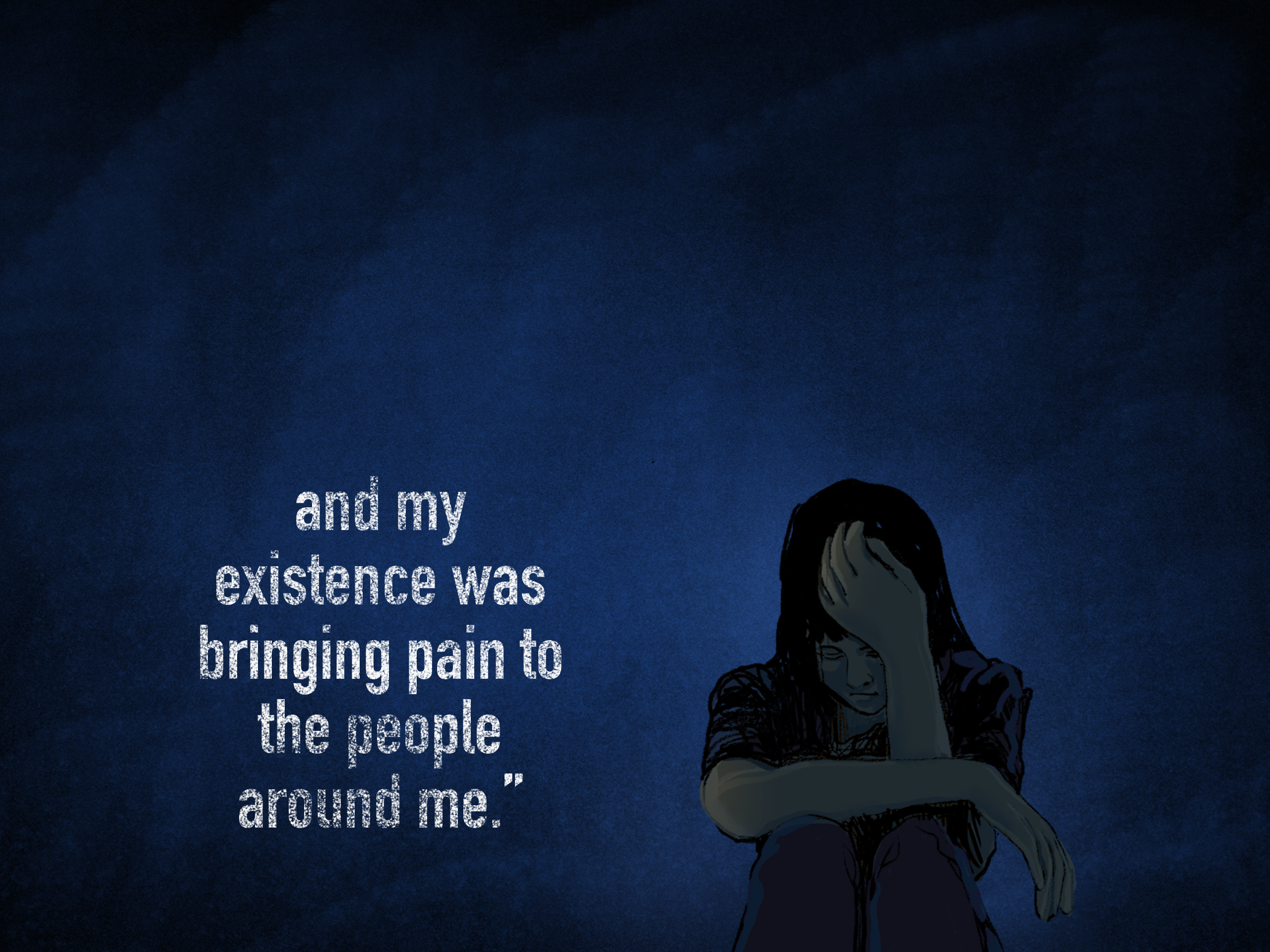
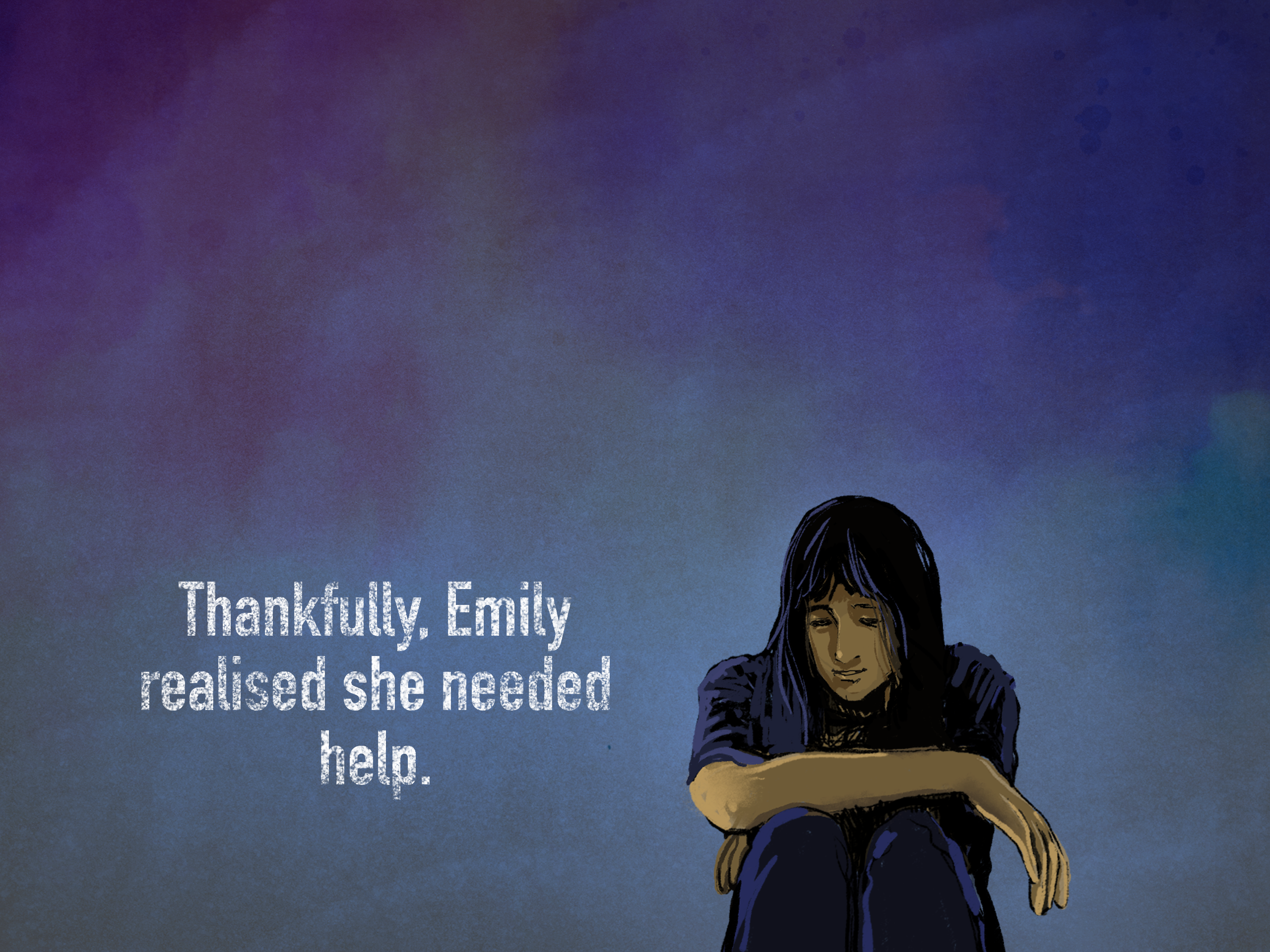
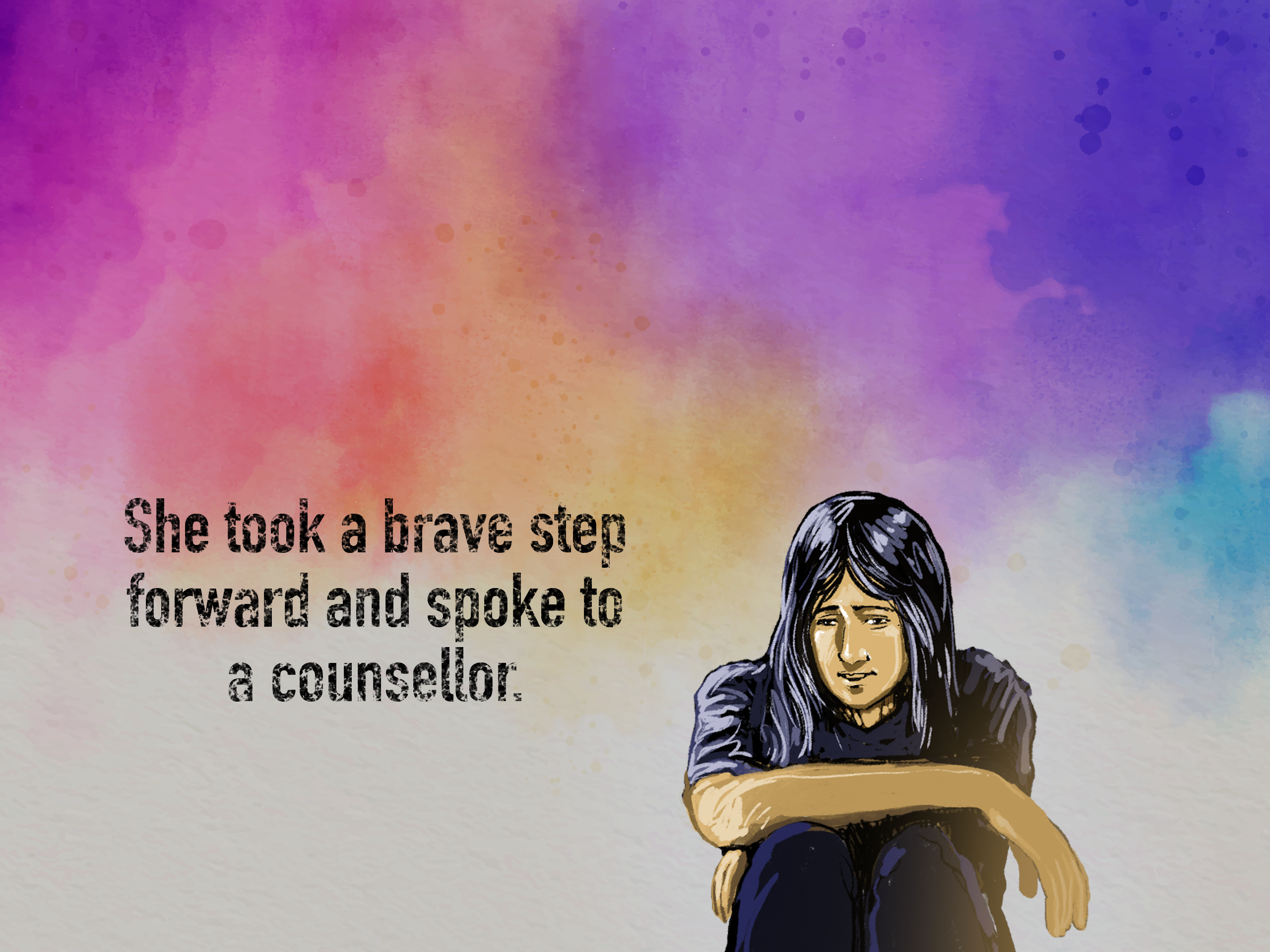
Through help, Emily broke the dark grip on her emotions, allowing herself to view life through a brighter lens.
It also dawned on her that her loved ones would be devastated if she were to take her own life
“One technique I learnt from the counsellor is to get up and get a drink of water whenever I feel overwhelmed by my thoughts.

“It’s a way to prevent myself from spiralling, putting some distance between me and my thoughts,” said Emily.
Emily urged others out there to seek help if they are struggling.
“Most importantly, give yourself time and be gentle with yourself,” she said.
In another story, a copywriter called Sky* also found better days after seeking help from a therapist.
She was 14 when her parents went through a divorce, causing her to cope by harming herself.
“I was diagnosed with borderline personality disorder (a mental illness that affects a person's ability to regulate emotions).
“Knowing my condition helped me to recognise my own destructive behaviours so that I know to stop them,” she said.
While the healing process has its ups and downs, Sky, now 26, said the negative thoughts don’t disappear completely, but rather, one gets stronger and better in dealing with them.
“You have to do the most work to help yourself, if you want to get better,” she said.
Image captions



Emily and Sky broke through their personal storms.
But many others still need help to see the light.
Shining a light on the crisis
In a worrying turn, suicide cases among children and teens - those aged 18 and below - have shown a spike from 2016 to after the pandemic.
From 23 deaths in 2016, the number jumped to 40 as of October last year, based on data from the police made available to The Star
On the spike among children and teens, the Health Ministry, when contacted, said the Covid-19 pandemic has significantly contributed to the rise in mental health issues among youths.
Several factors that affected this age group included social isolation, disruption to schooling and strained family dynamics - all of which heightened emotional distress.
“Additionally, increased exposure to online bullying and academic pressures to succeed during remote learning has worsened symptoms of stress, depression, and anxiety,” it said.
A study done by the Institute for Health and Behavioural Research also reported that adolescents may also experience neglect or insufficient emotional support from family members who are struggling with their own challenges during and after the pandemic.
Befrienders KL publicity director Joan Chen Yen Fong said another possible reason was the growing influence of social media that could worsen feelings of inadequacy and isolation among kids and teens.
At the same time, Chen said such youths are also not taught or equipped with skills on how to manage stress, recognise their emotions, communicate effectively or build their confidence and self-esteem.
Across age groups, Bukit Aman Criminal Investigation Department director Comm Datuk Seri Mohd Shuhaily Mohd Zain said a total of 7,116 individuals took their own lives from 2016 to October last year.
"Majority of those who committed suicides were men, with 5,847 (82%) of them doing so.
"Individuals who committed suicide were mostly those aged between 19 and 40," he said in an interview recently.
On why men and those aged 19 and 40 made up the biggest group, the Health Ministry said possible causes were financial difficulties, societal expectations and pressures related to career, relationships and marital conflict.
“For men, it is also contributed by the tendency to refuse reaching out for help due to stigma and the belief that they may be labelled weak if they do so,” it said.
A kind, listening ear
Meanwhile, the number of people who have reached out to Befrienders Kuala Lumpur have gone down.
In 2023, a total of 18,791 people contacted the suicide helpline - a 24.2% drop from the 24,794 in 2019.
Among those who contacted Befrienders, most were women, as shown in the graph below:
One possible reason for the decrease in people who have contacted Befrienders was the emergence of more emotional support hotlines, according to the organisation’s annual report.
This includes the Health Ministry’s mental health crisis helpline or Talian HEAL 15555, Lifeline Association of Malaysia, Buddy Bear and many others.
“Such options have been available since 2020, and there’s an increased awareness of such alternative helplines that can be accessed,” it said.

Befrienders KL Publicity Director Joan Chen Yen Fong
Befrienders KL Publicity Director Joan Chen Yen Fong
From the data by Befrienders, most of those who needed emotional support in 2023 worked as professionals, followed by students and those who were unemployed.
The top types of problem faced were psychiatric issues like depression, followed by relationship and family conflicts.
Lending others our strength
Encouraging children to speak up, putting up signs at hotspots, training more mental healthcare professionals or simply giving someone a safe space to express themselves - there’s certainly more that everyone can do to help prevent suicide cases.
Malaysia Mental Health Association president Datuk Dr Andrew Mohanraj said calming signs should be placed at locations identified as suicide hotspots.
"On top of barricading such locations, it is very apt to put up signs that have very calming and soothing messages.
"Ironically, some locations overseas actually call it 'suicide points'. That should not be the way," he said in an interview.
He also called on the government to step up efforts to scale up the nation's mental health services.
"The country only has about 400 psychiatrists.
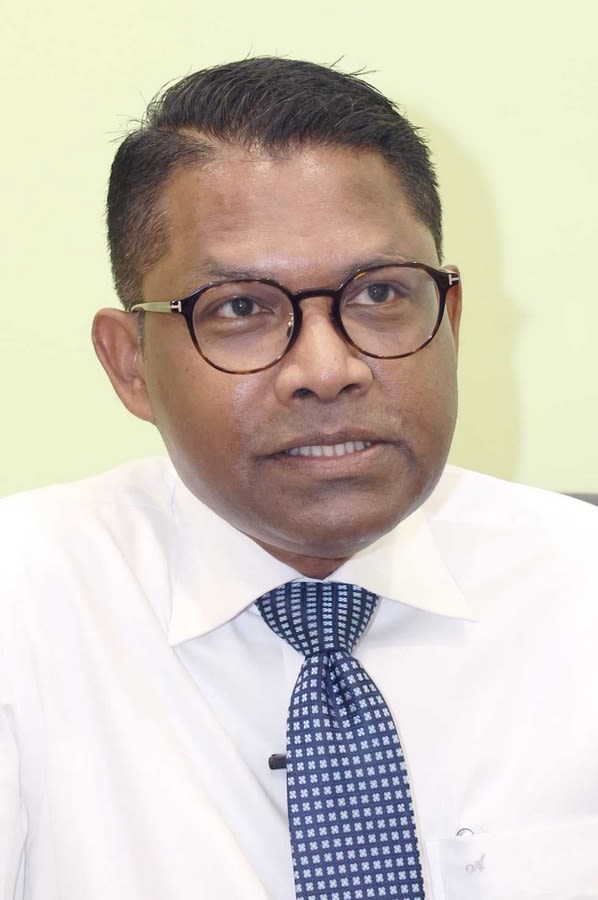
"We don't have enough clinical psychologists, enough counsellors and other mental health professionals.
Datuk Dr Andrew Mohanraj
"I suggest one of the ways to address this is empowering general practitioners and medical officers in dealing with mental health issues by providing them proper training.
"It has been done in many other countries quite successfully," he said.
He said the government should also consider provision of training on mental health in the workplace.
"We should utilise Human Resource Development Fund allocations to ensure proper training on occupational mental health are given at workplaces.
"For example, recently the Human Resource Ministry conducted a successful mental health first aid programme. It should be a norm in other workplaces,' he said.
Counselling psychologist Joyce Hue said education on mental health should start from young, especially in schools.
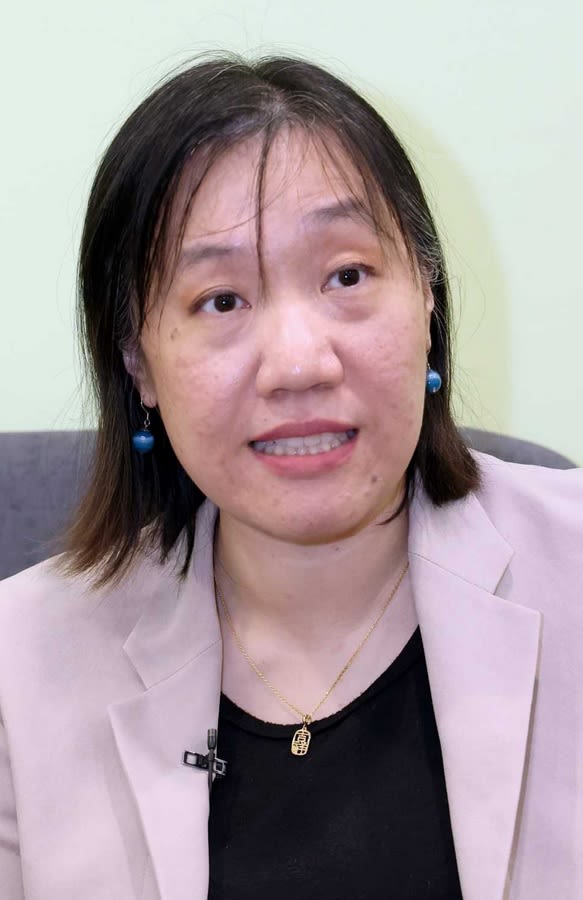
"In many suicide cases, the victims keep to themselves. It would be very good if we start with children by teaching them it is okay to talk.
Counselling Psychologist Joyce Hue
"It would be good if we could have modules (on mental health) in schools and at the same time, train more school counsellors, specifically for children.
"It is important to normalise sharing from young, be it with teachers, parents as well as professionals," she said.
In the video below, both experts explain what are the signs that parents should look out for if their children have suicidal tendencies.
Comm Mohd Shuhaily proposed that the Health Ministry could introduce more apps or online platforms that offer remote counselling and mental health support, especially for those who are unwilling or unable to attend in-person sessions.
He also suggested that the Welfare Department could introduce more protection and support centres for high-risk individuals, including those with a history of suicide attempts or those living in highly stressful situations such as abuse victims or those who have lost loved ones.
To encourage more children to speak up about their problems, Befrienders’ Chen said it was important to be non-judgmental and trustworthy adults, as parents, teachers, relatives or neighbours to such young people.
“Let’s not assume that a child or a teen’s struggle is not as 'serious' or as 'real' as an adult’s.
“On the contrary, they would lack the skills and abilities to handle stress and difficulties compared to adults, making their struggles potentially even more overwhelming,” she said.
Some simple ways to help those around us who are struggling is to offer a listening ear and companionship.
“Asking how you can be of support can make a significant difference in helping them navigate their challenges and feel less alone,” she said.
Pathways to support
To make support more accessible, there are plans by the Health Ministry to expand its network of community mental health centres.
Known as Mentari centres, the ministry is looking to increase the number of such facilities from 38 to 40 this year.
If this happens, the ministry will meet its target earlier than its original goal to have 40 centres by 2030.
At present, mental health services are continuously provided in the ministry’s facilities, which include 1,088 health clinics at the primary care level, 64 hospitals and 38 Mentari centres.
“Mentari focuses on providing mental health services and treatment for those with mental illness, as well as supported employment.
“The ministry plans to increase this number to 40 centres by 2025, subject to availability of resources and community needs,” it said.
Here’s a list of the locations and contact information of the current 38 centres in Malaysia:
Also in the pipeline is the ministry’s effort to create a National Suicide and Fatal Injury Registry Malaysia, to gather accurate data on suicide cases and rates.
This will enable better monitoring and analysis of trends.
“The registry shall be operational by mid-2025 to enable us to assess the impact of suicide decriminalisation and support the formulation of evidence-based strategies to address the issue effectively,” the ministry said.
The ministry is also collaborating with the Education Ministry on referring cases of students with mental health issues to healthcare facilities.
In schools, it was reported that the Education Ministry conducted annual mental health screenings for all students between Year Five and Form Six.
Those identified with severe emotional disturbance from the Minda Sihat (healthy mind) checks, will undergo screenings twice a year.
“The ministry also urges individuals to reach out for support if they need it.
“Mental health help is always available for everyone,” it said.
Those in need of emotional support or contemplating suicide can contact the Health Ministry’s National Mental Health Crisis Line or HEAL Line 15555, or Befrienders Kuala Lumpur by calling their 24-hour helpline at +603-7627 2929 or email sam@befrienders.org.my , or visit https://www.befrienders.org.my/ for more information.
If you feel emotionally distressed, here’s some advice from experts on what you can do:
Take a breather
One way to reduce stress and feel more relaxed is to do breathing exercises, such as the 4-7-8 breathing technique.
To try it, click the play button in the video below and follow the instructions. Repeat the cycle for four to five times until you feel calmer.
Story by: Yuen Meikeng, Farik Zolkepli
Edits: Razak Ahmad
Illustrations: Foo Chern Hwan
Visualisation: Nor Shalina Abdul Samad
Photos: Art Chen
Video: Ahmad Syukry Mohd Kassim, Dharshika Karuna Nithi


















